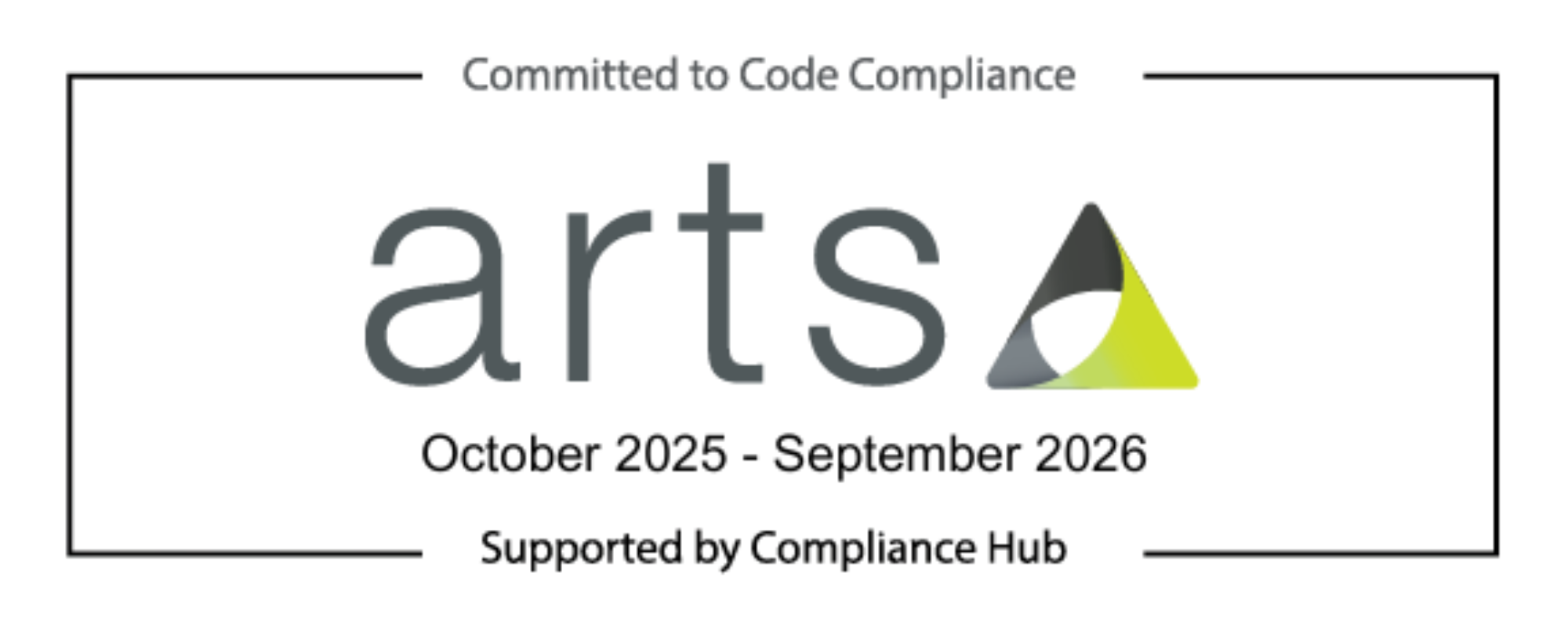Protecting the vulnerable at home
)
While hospitals across the country are focused on treating Covid-19 patients, there are still thousands of people across the UK who urgently need medication for other conditions. As a result, pharmacists are working to ensure vulnerable patients, who must stay out of hospital, can access crucial prescriptions even in trying times.
Annett Blochberger, Chief Pharmaceutical Officer's Clinical Fellow at NHS London Procurement Partnership, has drawn on her extensive experience in clinical pharmacy and home care - helping numerous patients in London receive the medication they need.
"A lot of these patients would normally be treated in hospital. However, the focus on Covid-19 could have destabilised home care, so we are all working together to ensure continuity of service," she says.
Workplace sickness and social distancing regulations meant that the companies who would usually provide prescription delivery services were under significant pressure, calling for a national co-ordinated response. As the lead for London, Blochberger found herself on a steep learning curve, catapulted into virtual meetings with some of the most senior national pharmacy leads in Britain. "By doing this, we've been able to help take the pressure off of colleagues in hospitals, at a time when they need it most," she says.
The experience so far has provided useful insight into more efficient ways of working. "The NHS now set up more 'virtual clinics', which can be very effective. We could do more of those in the future to help save resources," says Blochberger.
Adjustments to remote working have brought both positives and negatives. Blochberger and her team were early adopters. "In some ways, it's helped with decisions. It's easier to speak up in a Zoom call than in a large face to face meeting, and that has helped us to find solutions to challenges more quickly."
Conversely, the breakdown of any transition between work and home has brought additional stresses to the role, making it harder for Blochberger to be able to 'switch off' and focus on her children outside of working hours.
However, as a result of those efforts, vulnerable patients are being kept safe during a highly uncertain time. While the frontline in hospitals remains the critical focus during the pandemic, those on the 'home front' are playing a vital role in reducing the overall challenge.


 London
London


